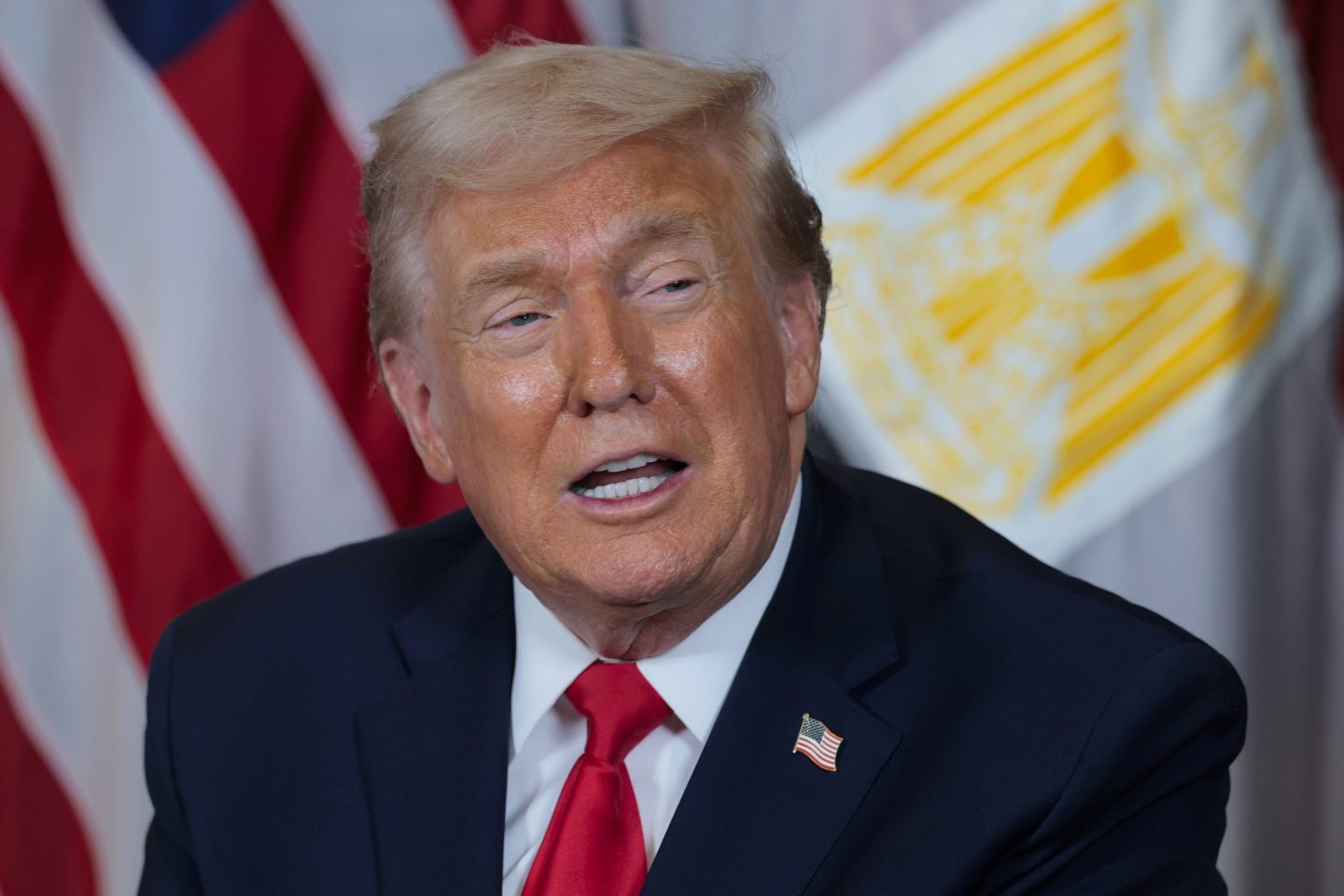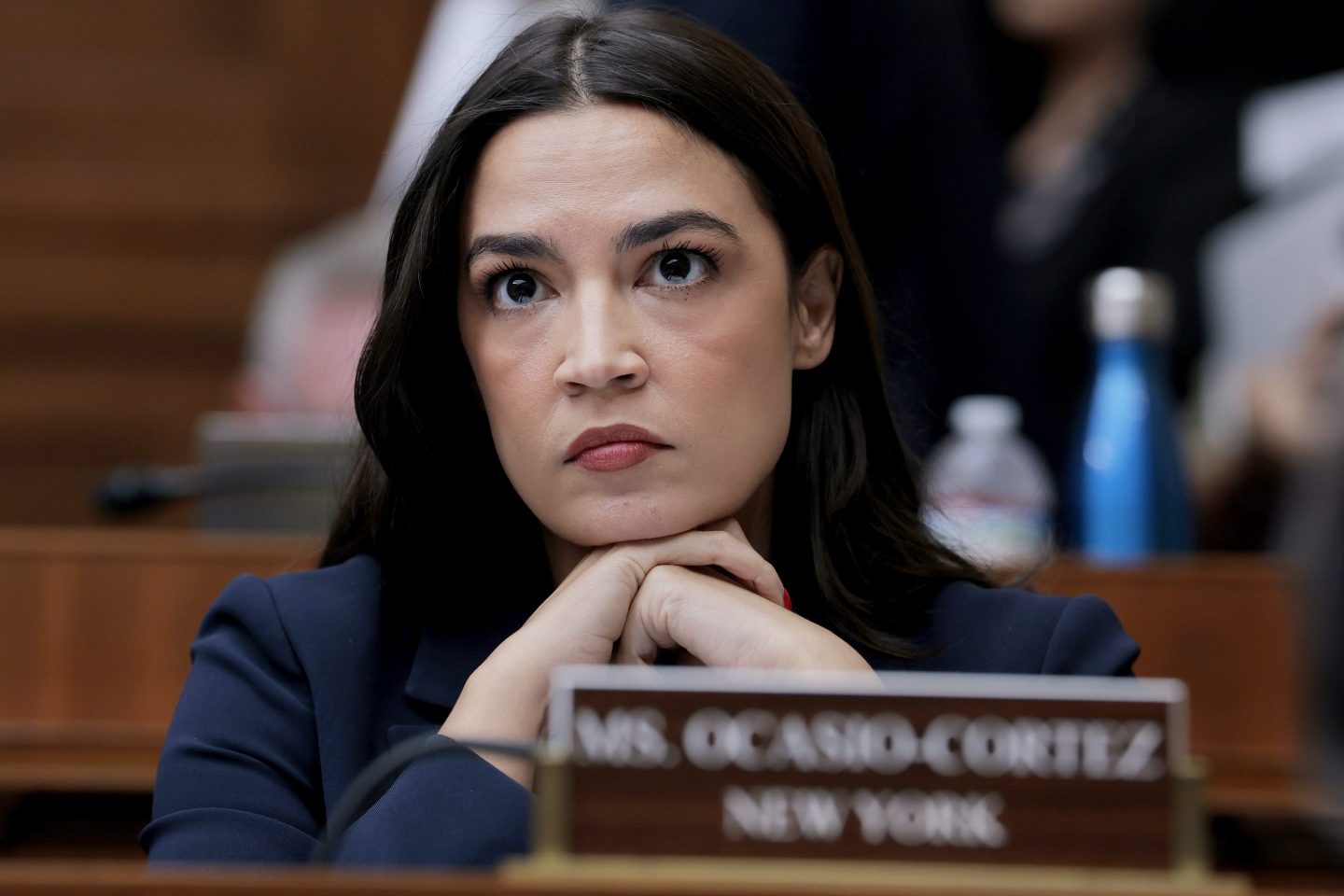If Alan Greenspan hadn’t existed, bankers looking to deny their role in the financial crisis would have had to invent him.
Goldman Sachs executives testifying Tuesday before the Senate Permanent Subcommittee on Investigations said they don’t believe the firm contributed to the collapse of the financial system two years ago. It was one of the few questions to which they supplied unequivocal answers.
“We did not cause the financial crisis,” managing director Michael Swenson said. “I do not think we did anything wrong.”
Daniel Sparks, a former Goldman mortgage executive who said with a straight face that he left in 2008 to spend more time with his family, added that “risk wasn’t respected across the industry, and we participated in that industry. … We participated in an industry that got loose.”
So who did cause the crisis? By Goldman’s account, it couldn’t have been Wall Street firms that churned out more than $200 billion of so-called synthetic collateralized debt obligations between 2004 and 2007. Those instruments, critics contend, not only generated huge fees for the firms. They also gave firms like Goldman and favored clients a way to bet against the housing market — at the expense of investors who sought the comfort of a triple-A-rated security while reaching for better yields than those paid by Treasury bonds.
But the Goldman execs are thinking bigger. They didn’t name Greenspan, but it’s clear they were thinking of him.
“What we and other banks, rating agencies and regulators failed to do was sound the alarm that there was too much lending and too much leverage in the system — that credit had become too cheap,” CEO Lloyd Blankfein said in his prepared testimony Tuesday.
No one doubts that credit became too cheap during the housing bubble, as Greenspan held short-term interest rates at 1% for more than a year. But in making that claim now, Blankfein echoes the infamous comment of former Citigroup CEO Chuck Prince, who said in the summer of 2007 that when the music’s playing, you’ve got to keep on dancing. Did Goldman really have to sell the Abacus deals or other CDOs that quickly blew up?











